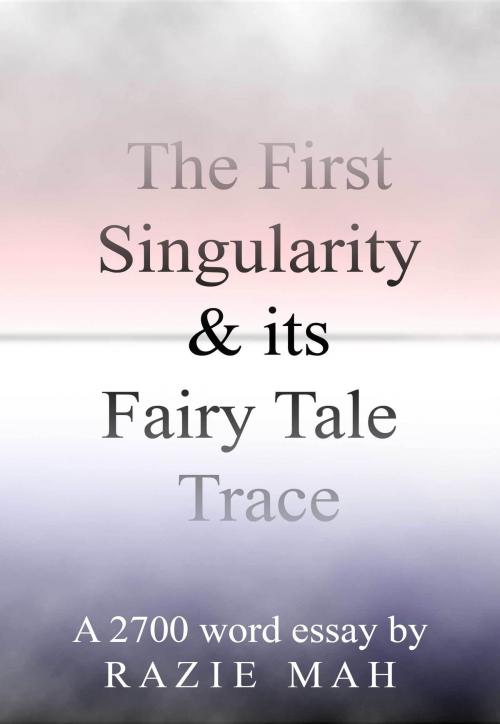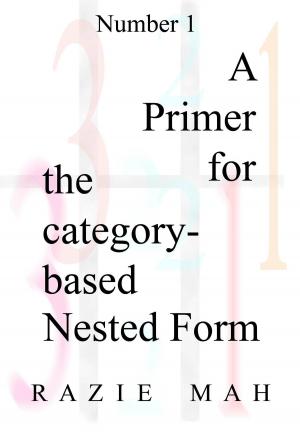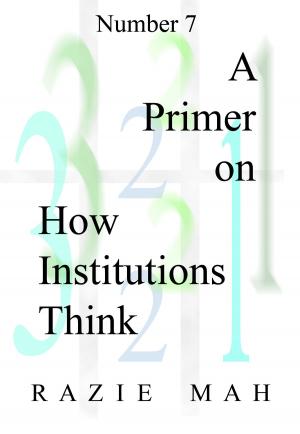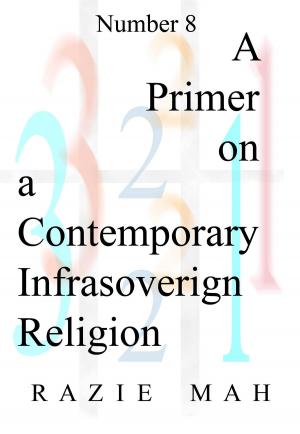The First Singularity and Its Fairy Tale Trace
Nonfiction, Science & Nature, Science, Biological Sciences, Evolution, Social & Cultural Studies, Social Science, Sociology| Author: | Razie Mah | ISBN: | 9780988347649 |
| Publisher: | Razie Mah | Publication: | December 6, 2014 |
| Imprint: | Smashwords Edition | Language: | English |
| Author: | Razie Mah |
| ISBN: | 9780988347649 |
| Publisher: | Razie Mah |
| Publication: | December 6, 2014 |
| Imprint: | Smashwords Edition |
| Language: | English |
This essay presents the natural hypothesis at the heart of the ground-breaking fiction: An Archaeology of the Fall. The question is: Why civilization? The answer relies on the idea of natural signs (proposed by Charles Peirce), the evolution of talk (not the same as the evolution of language), the geo-history of the Persian Gulf (at the start of the current interglacial), the concepts of constrained and unconstrained social complexity and observations in archaeology. The oldest written myths of ancient civilizations point to a transition from one life world (Lebenswelt) to another. Descriptions of human evolution cannot be considered complete without this hypothesis of the first singularity.
This essay presents the natural hypothesis at the heart of the ground-breaking fiction: An Archaeology of the Fall. The question is: Why civilization? The answer relies on the idea of natural signs (proposed by Charles Peirce), the evolution of talk (not the same as the evolution of language), the geo-history of the Persian Gulf (at the start of the current interglacial), the concepts of constrained and unconstrained social complexity and observations in archaeology. The oldest written myths of ancient civilizations point to a transition from one life world (Lebenswelt) to another. Descriptions of human evolution cannot be considered complete without this hypothesis of the first singularity.















